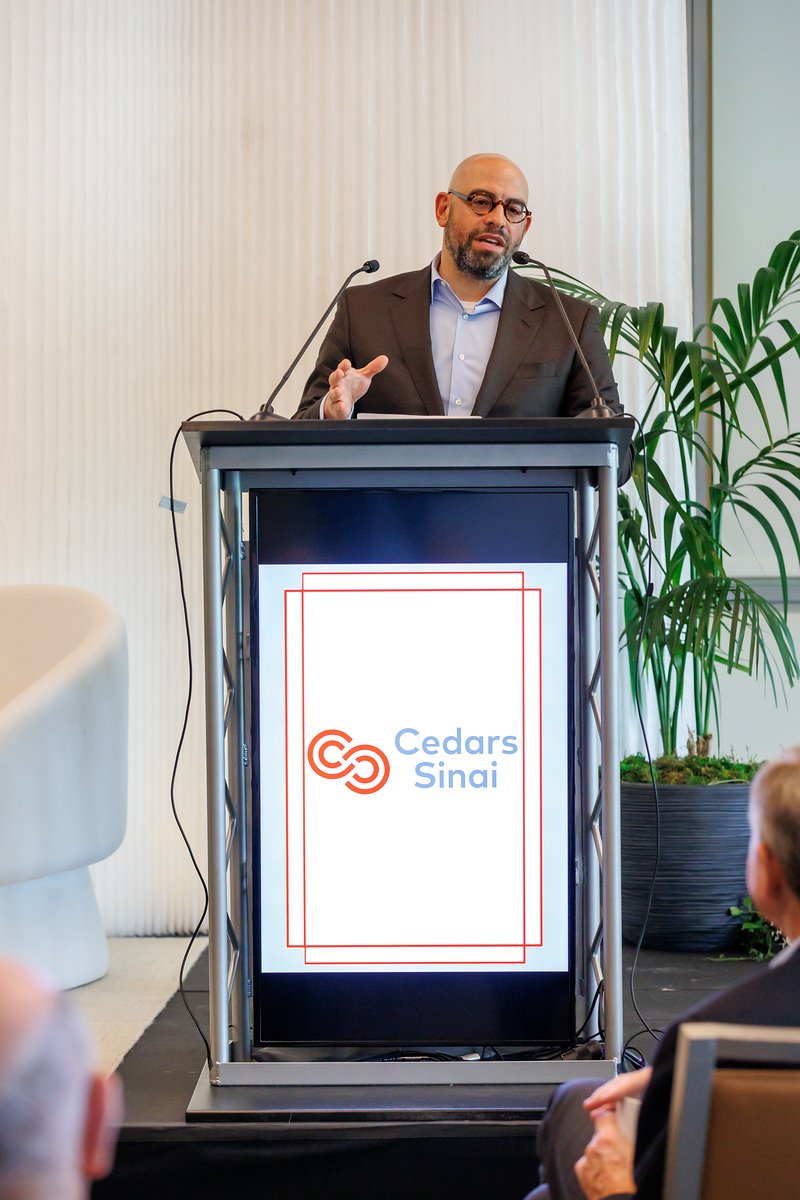executive communication skills training
Communication
Effective communication is more than a skill—it is a critical element of functional healthcare organizations. A single lapse in communication can lead to frustration, interpersonal conflict, tasks not being completed, confusion, medical errors, decreased patient satisfaction, and even life-threatening situations. Without executive communication training, no healthcare organization can achieve optimal patient care—or team performance.
Communication is essential in healthcare organizations:
01
PATIENT
SAFETY
Clear communication is essential for accurate diagnoses, proper treatment plans, and effective patient care.
02
TEAM COLLABORATION
Effective communication ensures that teams are aligned and collaborative, reducing the risk of errors and increasing efficiency.
03
PATIENT SATISFACTION
Good communication fosters trust and rapport between administrative professionals patients and clinicians, contributing to a better patient and staff experience.
04
Operational Efficiency
Streamlined communication can significantly improve administrative procedures, reducing delays and increasing productivity.
The importance of communication skills in healthcare:
Not all communication issues in healthcare stem from systemic problems; sometimes, these are the result of poor communication skills at an individual level. Such lapses can cause a ripple effect of inefficiencies, misunderstandings, and errors.
Signs of poor communication skills in a healthcare organization:
Inconsistent Messaging
Different members of the team give conflicting information.Poor Listening Skills
Important details may be missed, leading to errors in treatment or diagnosis.Lack of Clarity
Role clarification, technical jargon, or unclear instructions can confuse patients and team members alike.Ineffective Non-Verbal Skills
Body language, tone, and facial expressions can miscommunicate intentions or severity of situations.
J3P Health has a unique perspective on executive communication training.
Where standard training programs touch the surface, J3P dives deep. We believe that effective communication starts with self-awareness and moves outward to foster collaboration. Our approach is not about quick fixes; it is about building a robust system where communication is integrated into the fabric of your organization.
Multi-Faceted Assessments
J3P takes a comprehensive approach to the diagnosis of an organization, offering a range of assessments that extend from the macro-level of organizational health down to micro-individual tendencies. These assessments allow us to pinpoint the specific areas that can most benefit from our targeted programs. From an organization-wide strategic vision assessment or individual performance metrics, J3P has the tools to assess what matters most.
Data-Driven Decisions
Fueled by a data-centric methodology, J3P Health integrates key performance metrics into every stage of our engagement with your organization. These metrics serve as both a diagnostic tool and a way to measure the impact of our training and advisory services. Our analytical approach allows us to adapt and refine our approach and interactions in real-time, ensuring that we address your organization's unique challenges and opportunities most effectively. With data as our compass, we can focus on creating lasting change that aligns with both your short-term needs and long-term goals.
Layered Approach
Our methodology is not a one-size-fits-all approach. J3P employs a layered strategy that commences with a crystallized organizational vision, incorporates 1:1 leadership advisory coaching, and culminates in team-based hands-on education. We understand that sustained improvement requires a multi-tiered strategy, and our suite of services reflects that understanding.
Proven Expertise
J3P's credibility is not just established by the quality of our programs, but also by the volume of esteemed organizations that have put their trust in our expertise. Our collaborative partnerships with industry-leading healthcare institutions—including Yale, Cedars Sinai, Mt Sinai, UCSF, Cleveland Clinic, and Mass General—underscore the efficacy and transformative impact of our work. These organizations have experienced firsthand the positive changes we can instill, from improved communication and team collaboration to visionary strategic alignment. We are proud to have facilitated meaningful change in healthcare settings that demand nothing less than excellence.
J3P Health brings a unique approach to communication skills.
We go beyond typical “one size fits all” executive communication training to create lasting, meaningful change tailored to your unique organizational needs.
Form the question and assess the situation
J3P interviews you and your team to determine the cause for communication challenges. This includes deployment of sophisticated and proven assessment tools.
1.
DEFINE THE PROBLEM SET
J3P reports out our initial assessment of how deep or widespread any communication gap may be. This is a combination of individual and systemic themes plus external factors that all contribute to an issue.
2.
Develop and implement the plan
J3P works 1:1 with leaders in confidential sessions to amplify strengths and shed light on potential individual communication challenges. In parallel, we conduct a team strategy development meeting and quarterly team workshops to address the top 3 – 5 most pressing organizational concerns.
3.
MEASURE AND ASSESS PROGRESS
Our tactics are beneficial in long-lasting operational and strategic outcomes. J3P will adjust and accommodate due to changes in your environment and circumstances. Typically the work takes a year to build a lasting foundation.
4.
Let’s discuss communication.
We would love to hear about your executive communication training needs. Please get in touch to chat further.


